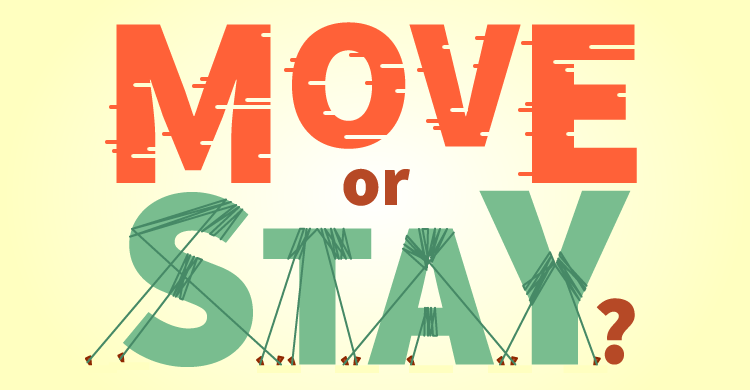Groupings for Collaborative Learning
Collaboration is critical to everyone’s success – especially learners in the classroom. In the early
Read More

Collaboration is critical to everyone’s success – especially learners in the classroom. In the early
Read More
Feedback is one of the most powerful instructional intervention tools a teacher has at his/her
Read More
Recently, while working at an event with a team, my colleague Tim Brown showed hundreds
Read More
Learning is a deeply personal endeavor. Teaching teams that strive to assure learning happens for
Read More
Recently, my colleague Nicole Dimich Vagle wrote a post called Three Practices That Inspire Student
Read More